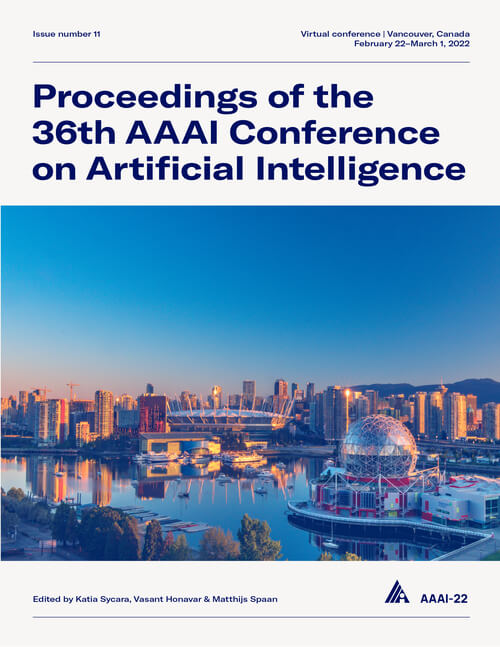Proof of Learning: Towards a Practical Blockchain Consensus Mechanism Using Directed Guiding Gradients (Student Abstract)
DOI:
https://doi.org/10.1609/aaai.v36i11.21681Keywords:
Deep Learning, Distributed Machine Learning, Blockchain, Consensus MechanismAbstract
Since Bitcoin, blockchain has attracted the attention of researchers. The consensus mechanism at the center of blockchain is often criticized for wasting a large amount of computing power for meaningless hashing. At the same time, state-of-the-art models in deep learning require increasing computing power to be trained. Proof of Learning (PoL) is dedicated to using the originally wasted computing power to train neural networks. Most of the previous PoL consensus mechanisms are based on two methods, recomputation or performance metrics. However, in practical scenarios, these methods both do not satisfy all properties necessary to build a large-scale blockchain, such as certainty, constant verification, therefore are still far away from being practical. In this paper, we observe that the opacity of deep learning models is similar to the pre-image resistance of hash functions and can naturally be used to build PoL. Based on our observation, we propose a method called Directed Guiding Gradient. Using this method, our proposed PoL consensus mechanism has a similar structure to the widely used Proof of Work (PoW), allowing us to build practical blockchain on it and train neutral networks simultaneously. In experiments, we build a blockchain on top of our proposed PoL consensus mechanism and results show that our PoL works well.Downloads
Published
2022-06-28
How to Cite
Wu, Y., Wang, X., Chen, C., & Liu, G. (2022). Proof of Learning: Towards a Practical Blockchain Consensus Mechanism Using Directed Guiding Gradients (Student Abstract). Proceedings of the AAAI Conference on Artificial Intelligence, 36(11), 13089-13090. https://doi.org/10.1609/aaai.v36i11.21681
Issue
Section
AAAI Student Abstract and Poster Program

